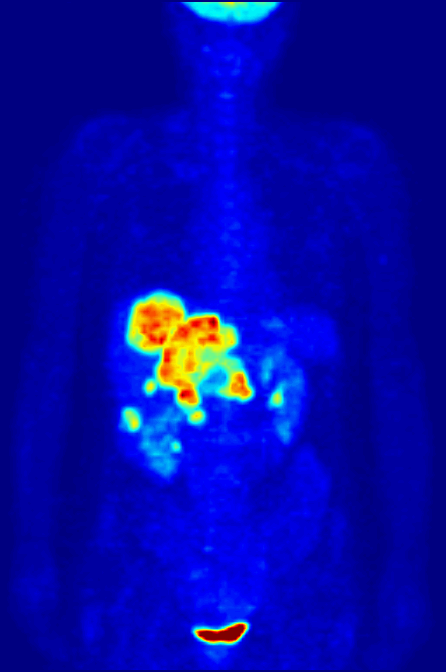Liquid Biopsy and Treatment Switch Enhance Breast Cancer Survival Rates

A recent clinical trial has demonstrated that the combination of liquid biopsy blood tests for early detection of treatment-resistant mutations, followed by a switch to a new targeted therapy, significantly improves tumor control in patients with advanced breast cancer. The SERENA-6 study, conducted at multiple medical centers across Europe, East Asia, and the United States—including Weill Cornell Medicine—was published on June 1, 2025, in the New England Journal of Medicine and presented at the annual meeting of the American Society for Clinical Oncology.
The trial specifically focused on patients with estrogen receptor (ER) positive, HER2 receptor-negative breast cancer, a type that relies on estrogen for tumor growth. Dr. Massimo Cristofanilli, Professor of Medicine at Weill Cornell Medicine and a co-author of the study, emphasized that liquid biopsy technology facilitates earlier intervention when tumor burden is lower, thereby enhancing the likelihood of a favorable outcome. In standard treatment, aromatase inhibitors are used to block estrogen production; however, tumors can develop mutations in the ESR1 gene, leading to treatment resistance.
The SERENA-6 study enrolled 315 patients who had detectable ESR1 mutations but showed no signs of tumor progression. These patients were randomly assigned to either switch to camizestrant, an experimental drug that reduces estrogen receptor levels, or continue with standard aromatase inhibitor treatment. Results indicated that the camizestrant group experienced a median period of tumor non-progression lasting 16 months, compared to just 9.2 months for those on standard therapy. Additionally, the overall health status and quality of life of patients on camizestrant improved significantly, with a median deterioration time of 23 months versus 6.4 months in the control group.
Notably, camizestrant was well tolerated among participants, with low discontinuation rates due to adverse effects. The findings of this study are not only significant for ER-positive breast cancer but also suggest potential applications for detecting treatment-resistant mutations in various cancer types.
Dr. Cristofanilli, who also serves as the scientific director of the Englander Institute for Precision Medicine, anticipates that the strategies employed in the SERENA-6 trial will become standard practice in monitoring breast cancer recurrence after treatment. The study was sponsored by AstraZeneca, which has been at the forefront of developing targeted therapies for cancer treatment.
In conclusion, the SERENA-6 study highlights the importance of integrating liquid biopsy technology into clinical practice for timely intervention in advanced breast cancer cases. This innovative approach may pave the way for improved outcomes across various cancer types, marking a significant advancement in precision oncology.
Advertisement
Tags
Advertisement





